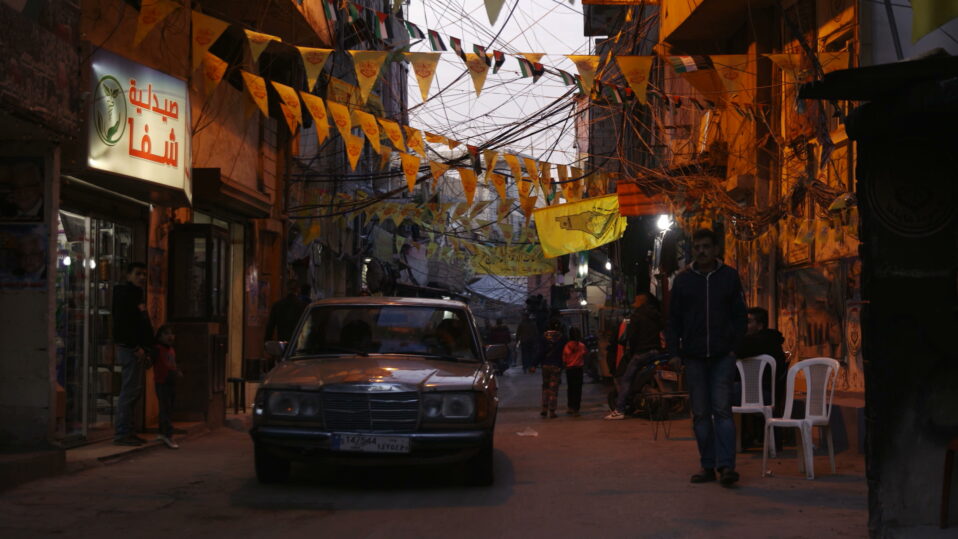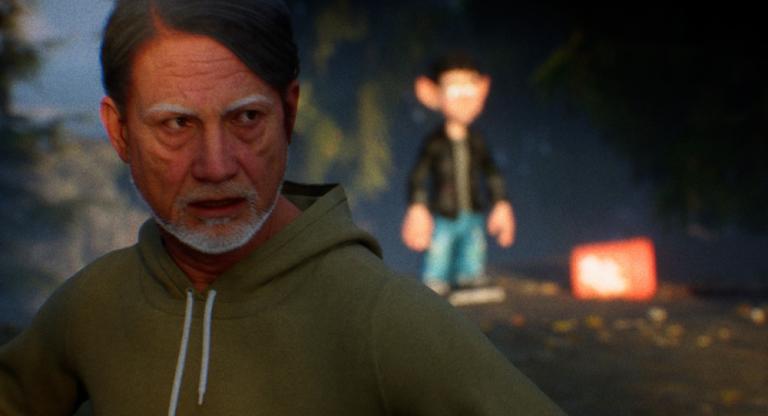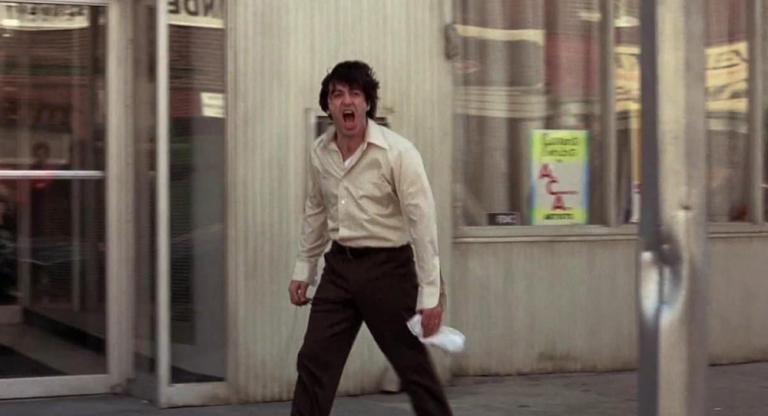Over the past 20 years, scenes of Palestinian and American Indigenous resistance have inspired a renewed struggle for decolonization. Unlike the post-war decolonial tendencies, which fought for national liberation from European imperial rule in the colonized world, contemporary decolonizers operate in a far more radical framework that sides with Indigenous people struggling to maintain their traditional lifeways everywhere against a singular system of dispossession, ethnic cleansing, and the cultural genocide of forced assimilation.
As is the case with most leftist watchwords, the decolonize label has often been superficially appropriated by the same power structures the movement behind it so thoroughly critiques. For those sincere about engaging in the struggles of colonized people, instead of superficially acknowledging historical wrongs, Matt Peterson and Malek Rasamny’s documentary Spaces of Exception (2019) shows, from an intriguingly internationalist viewpoint, what decolonization means to those who live that struggle every day.
The documentary presents portraits of life in three Native American reservations and three Palestinian refugee camps. These portraits include the longhouse culture of traditionalist Akwesasne Mohawks defying the border of New York and Quebec, residents of the Pine Ridge Reservation of South Dakota living in the aftermath of the FBI’s 1973 massacre of supporters of the American Indian Movement, and the dense urban camps of Palestinians displaced by the 1948 Nakba in the West Bank and Lebanon. Residents decry these confines as unwanted patches of Earth, dangerous and overcrowded ghettos, or concentration camps in which displaced people are expected to quietly disappear. Operating with a light touch that privileges the voices of locals, the filmmakers only editorialize at the film’s outset, defining their project as an investigation of “places defined by their historical and spiritual resistance” in order to “understand the conditions for life, community, and sovereignty.”
These conditions are shown as simultaneously brutal, banal, and beautiful. Bleak images of a funeral for a Palestinian teen killed by occupation forces, an abandoned casino that once promised prosperity for Akwesasne Mohawks, and other stories of death of despair are balanced by montages of frolicking animals, children jumping on trampolines, and locals watching the sun set over the border wall.
“When I was a little kid we could go anywhere we wanted to go—no fences,” says a Navajo man from Black Mesa in Arizona. The montage reveals a landscape of sparse stripmalls, chemical tanks, and endless pipelines. Despite being a reservation, the sacred land and burial grounds here have been steadily enclosed for coal mining that strips the land and poisons crops and groundwater. In Pine Ridge and Akwesasne, locals regret their economic deprivation; meager government assistance, gambling, and alcohol offer them little other than half-assimilation into American misery.
Others express gratitude that the hardships of these reservations and refugee camps make the necessity of liberatory action clear and present. Palestinian youth with dreams of returning to their ancestral lands trade stones for teargas with Israeli border police. A group of traditionalist Lakota march through their reservation calling for spiritual renewal to the heartbeat of a drum. A Mohawk digs a boundary marker out of the earth with an excavator. A Navajo elder who has refused displacement hosts her extended family for a feast of fry bread and mutton at her homestead. “Their greatest form of resistance is being who they are,” a Navajo man explains in voiceover. “The autonomy that we have is here. . . . It’s about sustaining what we have . . . and fighting for it as hard as we can to protect that.”
Peterson and Rasamny shot between 2014 and 2017. The years since filming concluded have seen Trump and Biden’s recommitment to extractivism and transcontinental pipelines, the emboldened terror of militant Zionist West Bank settlers now part of Israel’s government, and now an ongoing military operation that seems intent to depopulate and raze Gaza. Watching Spaces of Exception today reveals the fallacy of “simpler times” narratives that idealize moments between wars and uprisings, and implies the demands of “land back” and “free Palestine” are more profound than only calls for reparations or national liberation. At its most radical, decolonialism is a challenge to the alienated ways of life produced inside and outside these spaces, for natives and settlers alike, as the end result of a global capitalist order of nation-states.
As one Mohawk elder puts it in the film: “No one should ever refer to ourselves as a Nation. We are not. We are a people… Canada is not a people. The United States is not a people. A Nation is just a corporation. They have no language that’s common. They have no religion that’s common. They have no culture that’s common. They have nothing that’s common. Their only common interest is this land and what they can get out of it.”
Spaces of Exception screens at Anthology Film Archives October 27–30, its North American premiere. It will be shown alongside a program of shorts by the directors, “The Native and the Refugee.”



